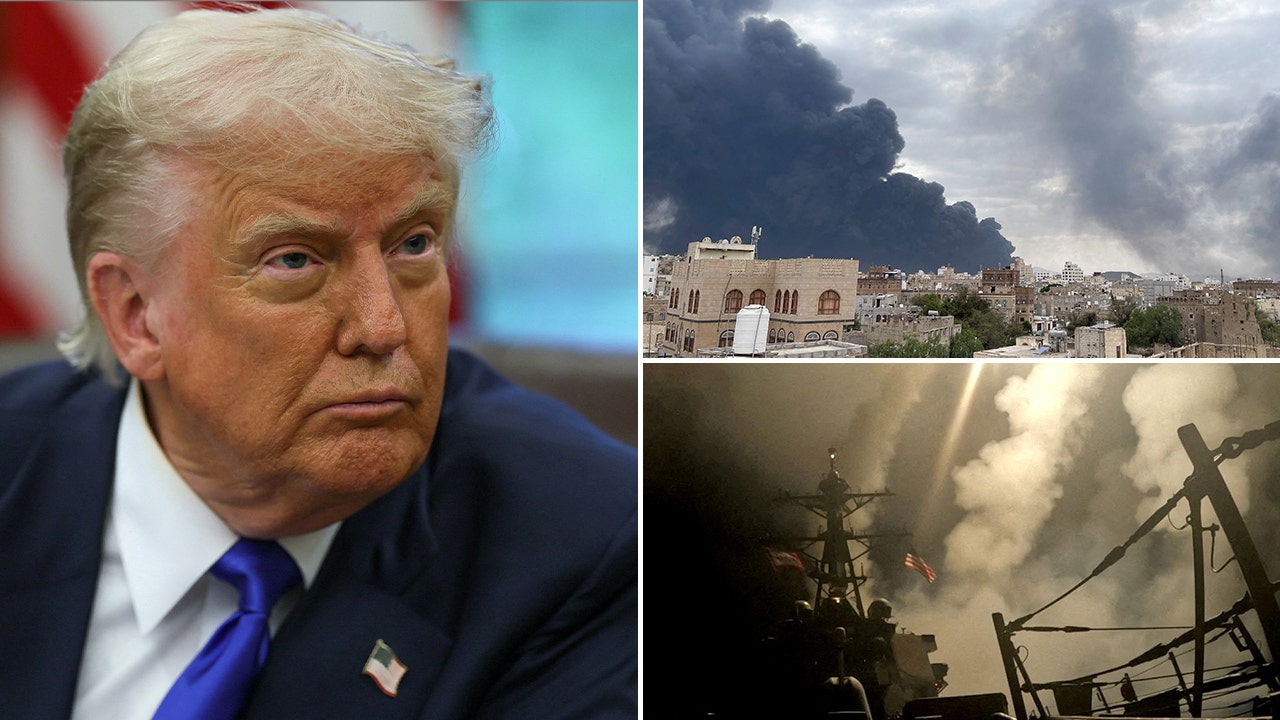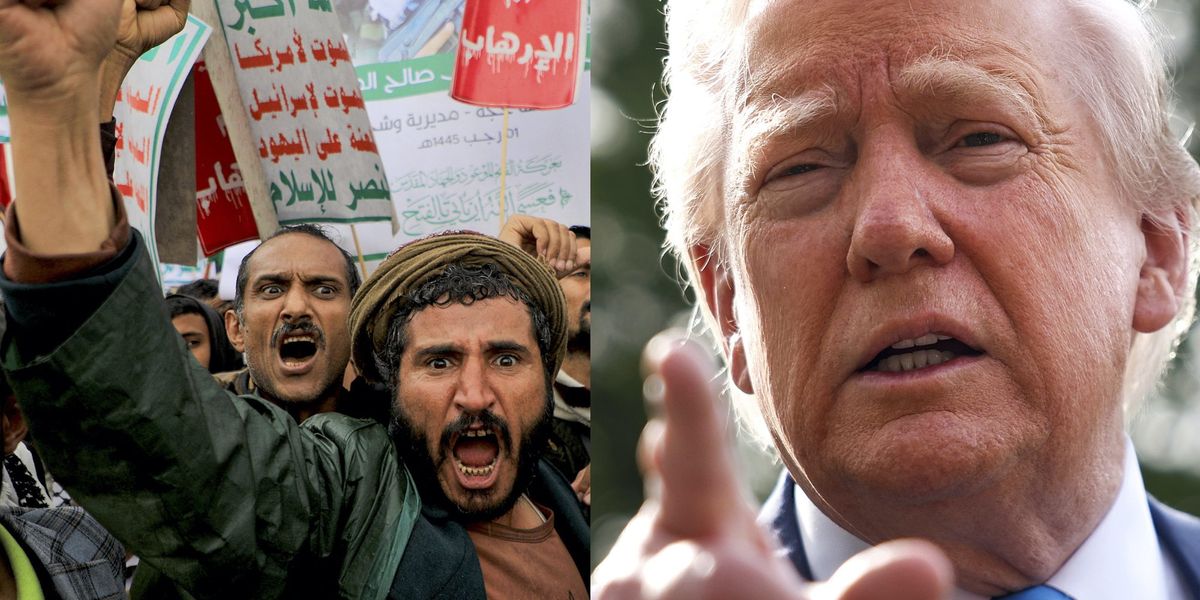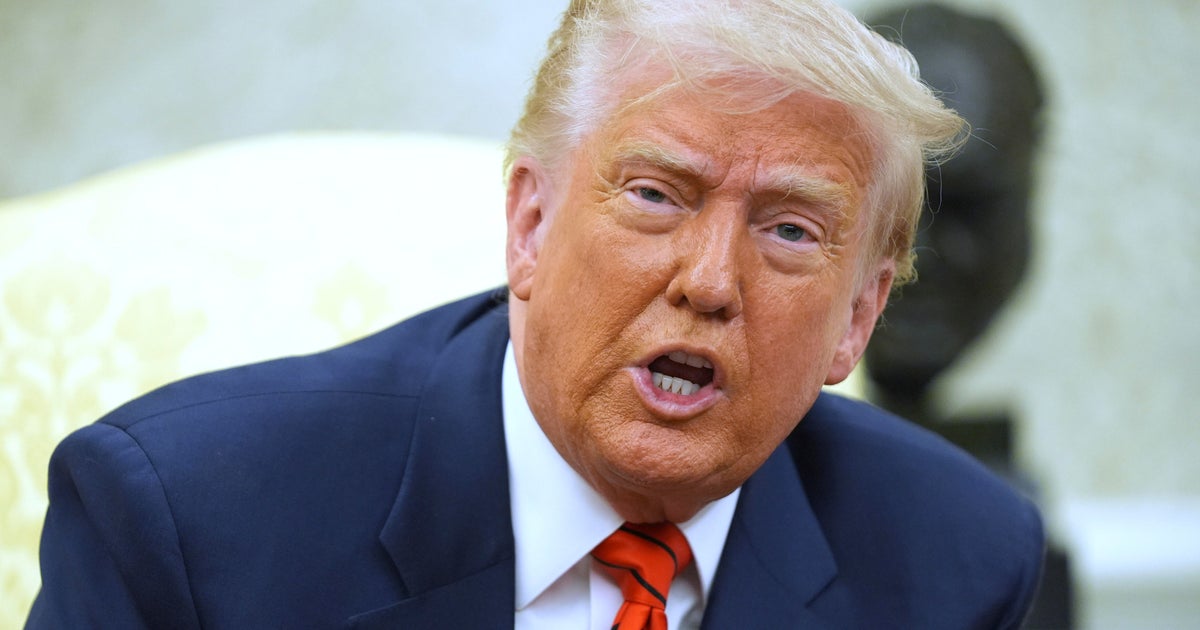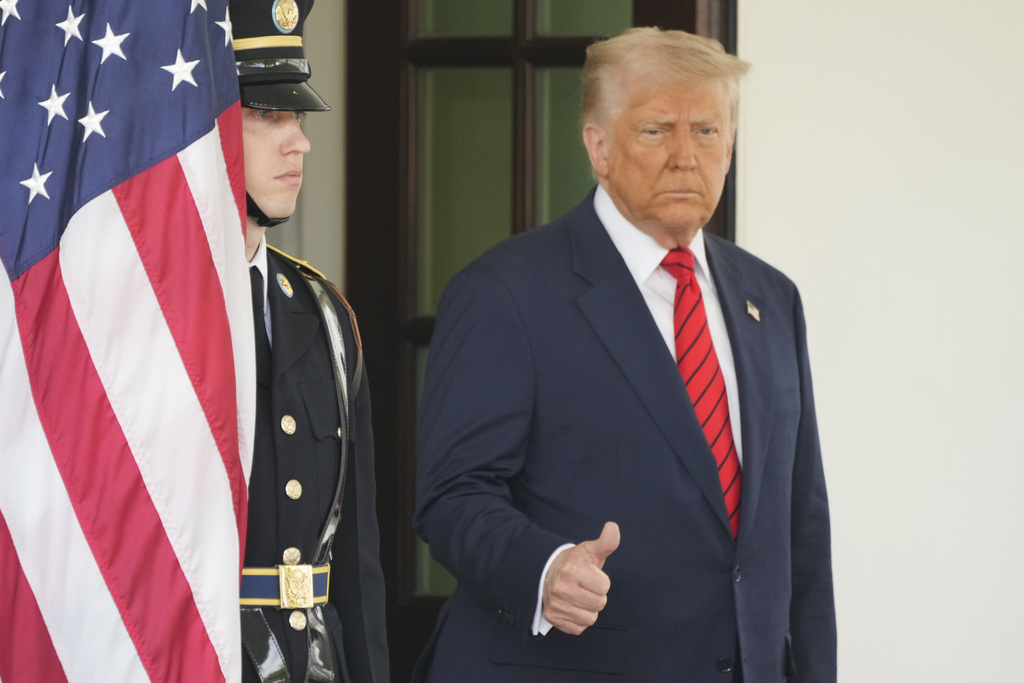U.S.-Houthi Ceasefire Unveiled, Excludes Israel Amid Regional Tensions
The U.S. has announced a ceasefire with Yemen's Houthis, but the group indicates attacks on Israel will continue.
Subscribe to unlock this story
We really don't like cutting you off, but you've reached your monthly limit. At just $5/month, subscriptions are how we keep this project going. Start your free 7-day trial today!
Get StartedHave an account? Sign in
Overview
President Donald Trump has announced a ceasefire with Yemen's Houthis, ceasing U.S. airstrikes. However, Houthi leaders declared the agreement does not include Israel, maintaining the potential for ongoing attacks against Israel-linked targets and vessels. The ceasefire was brokered with the assistance of Oman and follows months of U.S. military action aimed at halting Houthi shipping assaults in the Red Sea. Despite this halt to U.S. strikes, past Houthi actions raise skepticism about the sustainability of the ceasefire. Regional tensions remain high, particularly after a Houthi missile landed near Israel, prompting further Israeli military responses.
Report issue

Read both sides in 5 minutes each day
Analysis
- Trump's decision to halt airstrikes against the Houthis in Yemen was prompted by the group's declaration of not wanting to fight anymore and their pledge to stop attacking U.S. vessels in the region.
- The ceasefire agreement was brokered by Oman, ensuring that neither side will target the other, which is aimed at maintaining freedom of navigation in crucial shipping lanes.
- While the Houthis have been linked to Iranian influence, the immediate cessation of bombing is presented as a diplomatic win for Trump's administration.
Articles (15)
Center (2)
FAQ
The U.S. airstrikes against the Houthis were triggered by ongoing Houthi attacks on commercial and military vessels in the Red Sea, as well as missile strikes targeting Israel and threats to international shipping lanes. President Trump ordered the Pentagon to draw up and execute strike plans following these provocations, aiming to protect freedom of navigation and counter threats to American interests in the region[5][1].
As of now, the Houthis have not publicly confirmed the ceasefire agreement with the U.S. President Trump stated the Houthis indicated they do not want to fight anymore and promised to stop attacking ships, but official confirmation from the group is lacking[2][4].
Oman, which borders Yemen, brokered the ceasefire agreement between the U.S. and the Houthis. Oman's foreign minister publicly announced the agreement, stating that in the future, neither side will target the other, including American vessels, ensuring freedom of navigation in the Red Sea and Bab al-Mandab Strait[1][2].
Recent events, including the escalation of Houthi attacks on vessels and subsequent U.S. airstrikes, have disrupted commercial shipping in the Red Sea. The ceasefire agreement is intended to restore freedom of navigation and ensure the smooth flow of international commercial shipping in the region[1][2].
The ceasefire between the U.S. and the Houthis has implications for U.S.-Iran relations, as Iran is a key supporter of the Houthi movement. Observers are skeptical about the agreement's sustainability and note that continued Houthi hostility, including attacks on Israel or U.S. interests, could further strain U.S.-Iran relations and regional stability[1][4].
History
- 6M

 6 articles
6 articles







